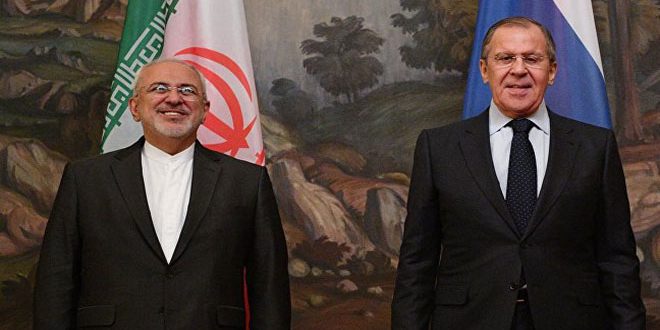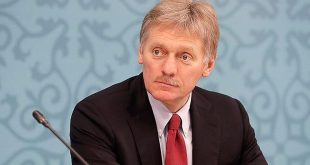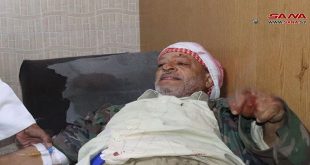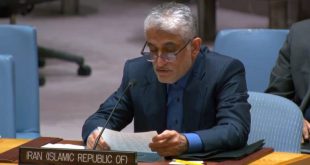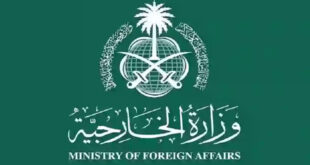Moscow, SANA -The foreign ministers of the Astana platform’s guarantor states confirmed in a joint statement following their meeting in Moscow on Saturday their agreement to increase efforts to reach a political settlement of the crisis in Syria as per Resolution 2254 of the UN Security Council and the agreements reached in Astana talks.
The three Foreign Ministers – Russia’s Sergey Lavrov, Iran’s Mohammad Javad Zarif, and Turkey’s Mevlut Cavusoglu – reaffirmed their determination to continue cooperating in order to eliminate the terrorist organizations in Syria, such as Daesh (ISIS), Jabhat al-Nusra, and all other individuals, groups, and entities associated with Al Qaeda or Daesh.
They expressed their rejection of any attempt to undermine Syria’s independence, unity, territorial integrity, and sovereignty, and they also underlined their determination to face any similar agenda under the pretext of combating terrorism.
The three states reaffirmed their strong commitment to the purposes and principles of the UN Charter and highlighted that these principles should be respected by all, emphasizing their determination to strengthen trilateral coordination.
The ministers also asserted their countries’ commitment to maintaining the cessation of hostilities agreement in Syria, pointing out that it has played an active role in relieving human suffering.
The statement underscored the efficiency of the Astana format as the only international initiative that has helped improve the situation in Syria practically through joint efforts to combat terrorism, reduce the level of violence, and create favorable conditions for the political settlement, which included facilitating intra-Syrian talks.
They also called upon the international community, first and foremost the UN and its humanitarian agencies, to increase their assistance to Syria in the interest of all Syrians, which includes facilitating demining, restoring basic infrastructure together with social and economic facilities, and preserving historical heritage.
The ministers agreed to increase the frequency of regular joint consultations between their countries and the United Nations Secretary-General and his Special Envoy for Syria in order to facilitate launching the constitutional committee’s work in Geneva as soon as possible on the basis of the recommendations of the Syrian National Dialogue Congress in Sochi and in coordination with the three guarantor-states.
The ministers also stressed the importance of holding immediate and professional investigation of any reports on the use of chemical weapons in Syria, with these investigations being carried out by the OPCW.
Emma / Hazem Sabbagh
 Syrian Arab News Agency S A N A
Syrian Arab News Agency S A N A
